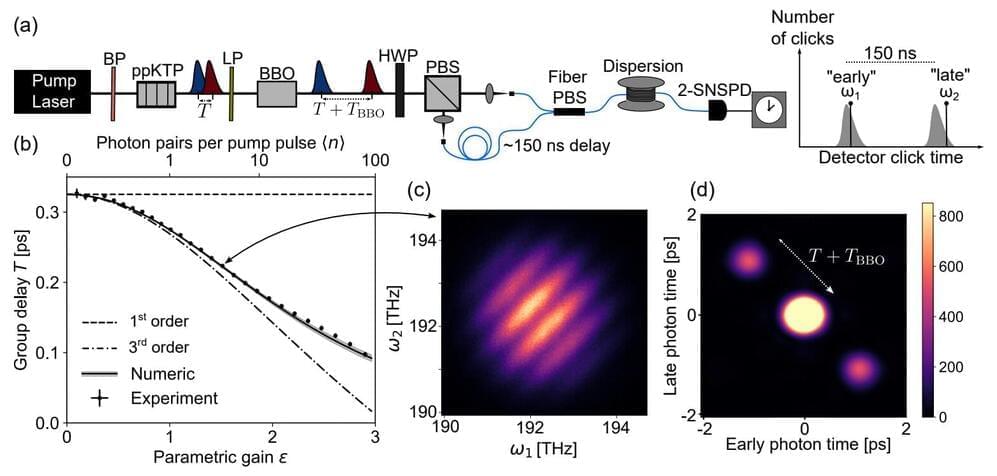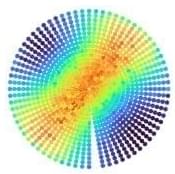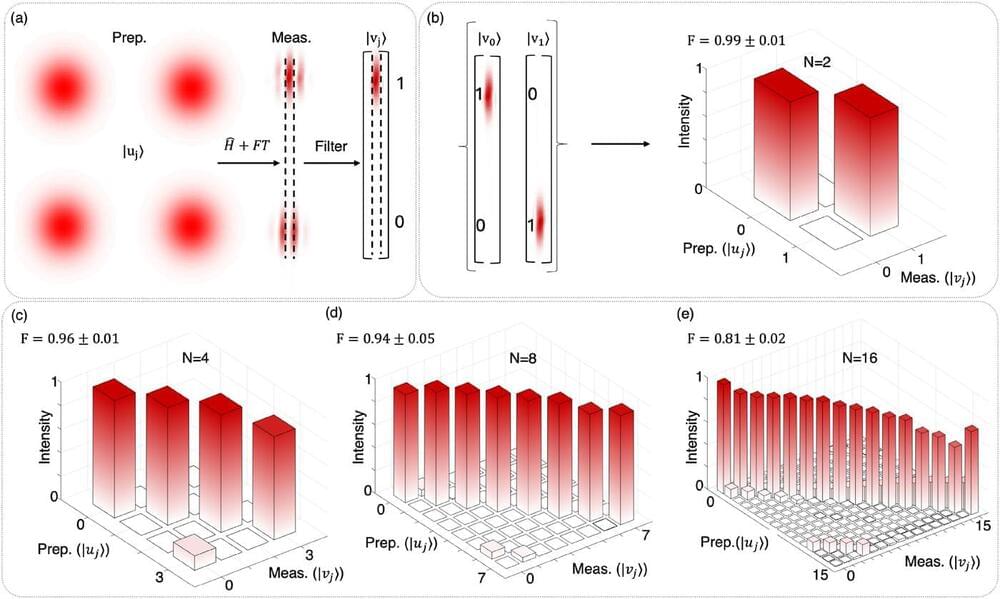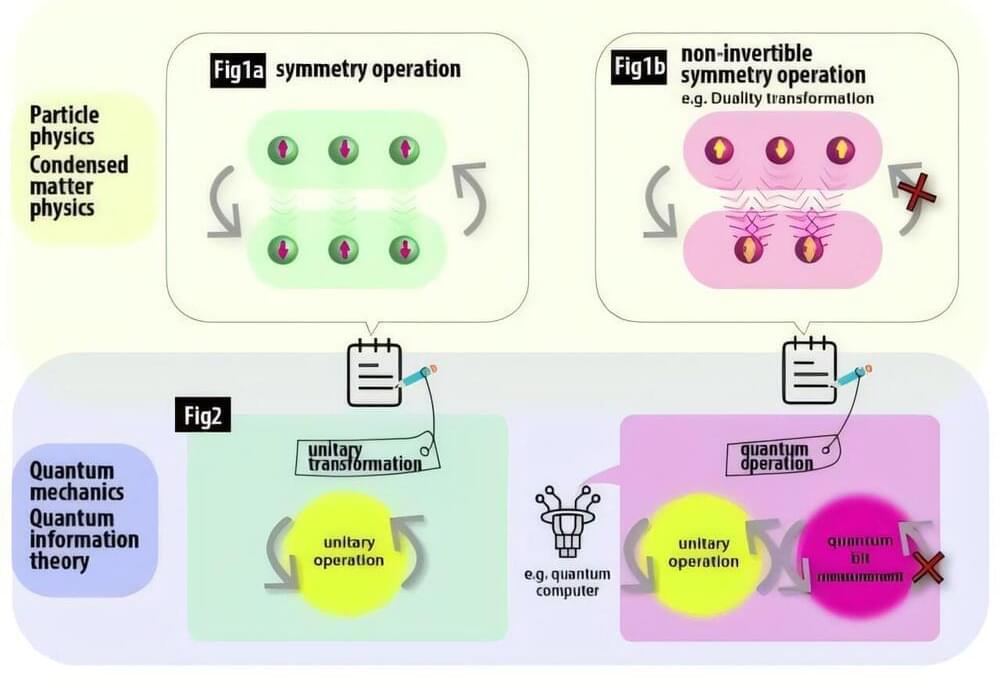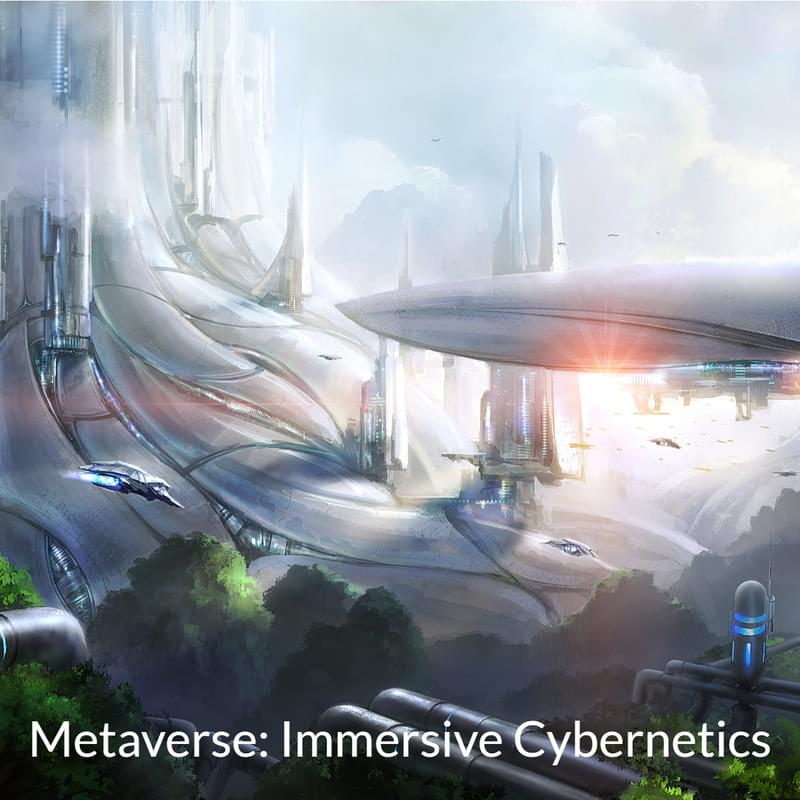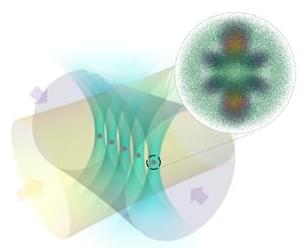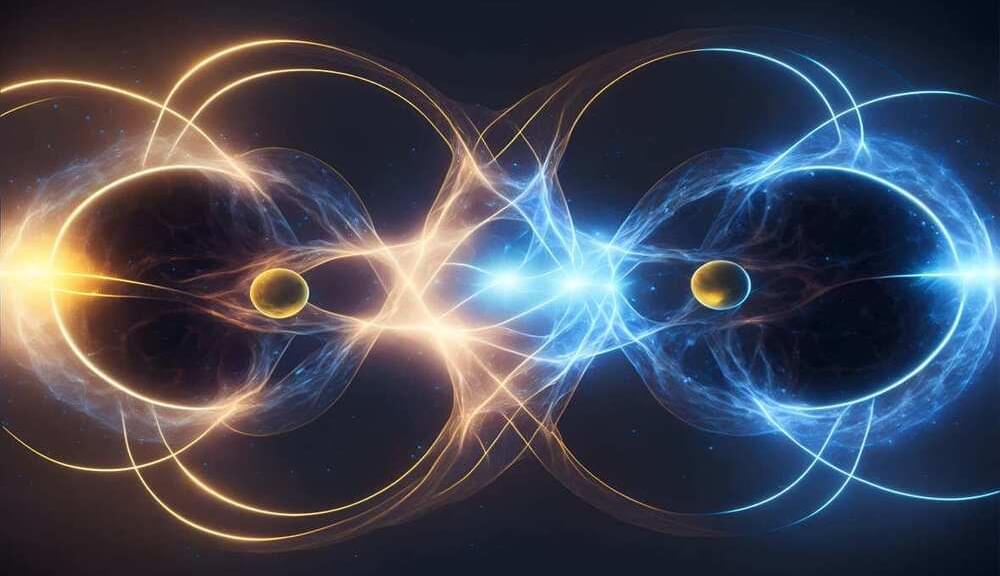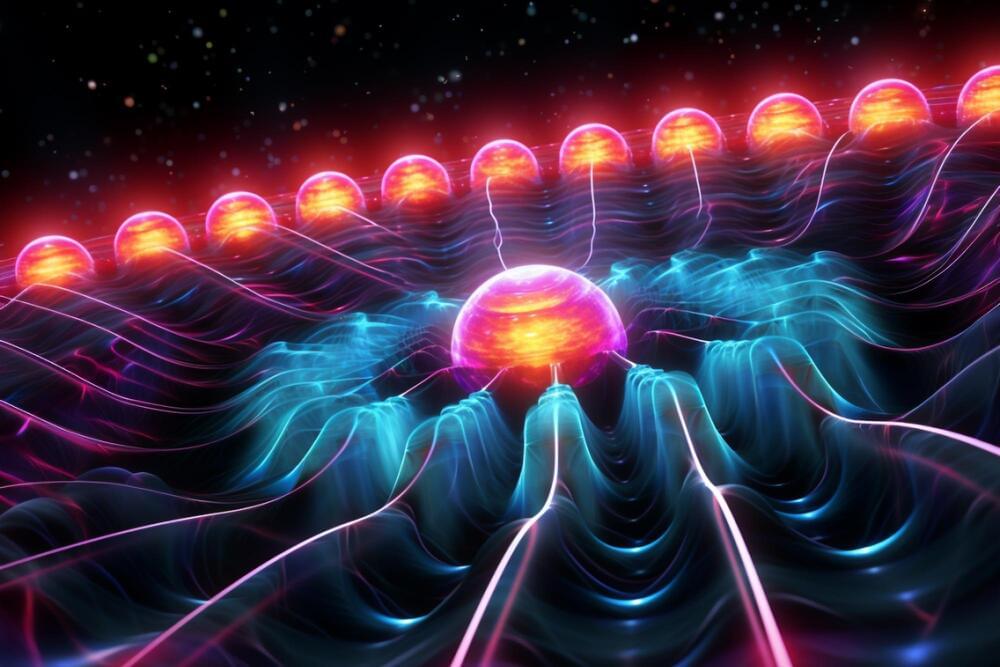Nov 30, 2024
An unexpected delay in a standard quantum optical process generates pairs of photons
Posted by Saúl Morales Rodriguéz in categories: encryption, energy, quantum physics
Since it was first demonstrated in the 1960s, spontaneous parametric down-conversion (SPDC) has been at the center of many quantum optics experiments that test the fundamental laws of physics in quantum mechanics, and in applications like quantum simulation, quantum cryptography, and quantum metrology.
SPDC is the spontaneous splitting of a photon into two photons after it passes through a nonlinear object like certain crystals. The process is nonlinear and instantaneous, and the two output photons (called the signal photon and idler photon) satisfy conservation of energy and momentum compared to the input photon (the pump photon). SPDC is often used with a specially designed crystal to create pairs of entangled photons.
A research team from Canada has discovered that there is a delay between the detection of the two output photons, one that depends on the intensity of the incoming light that impacts the crystal. They call this a “gain-induced group delay.”
